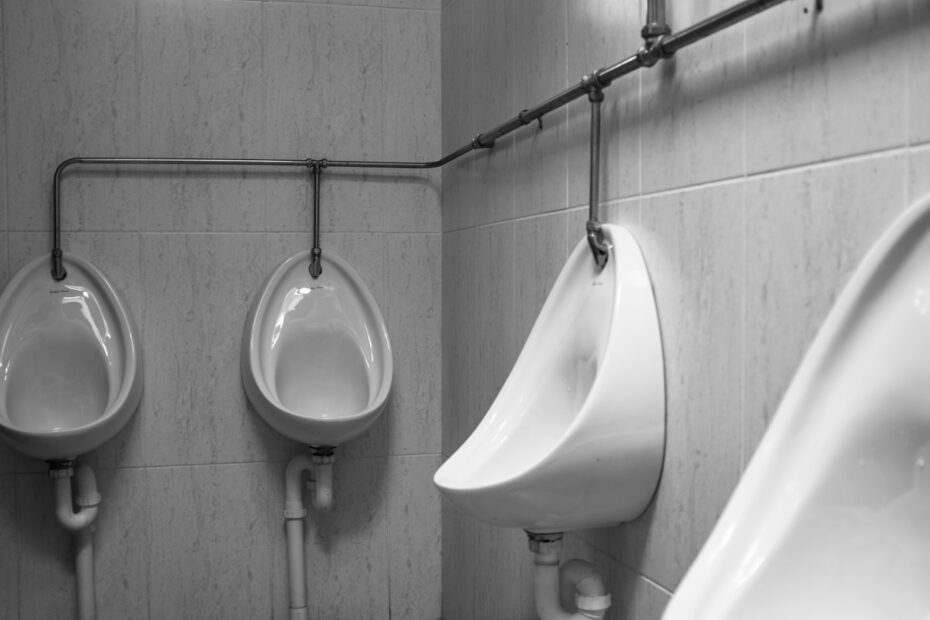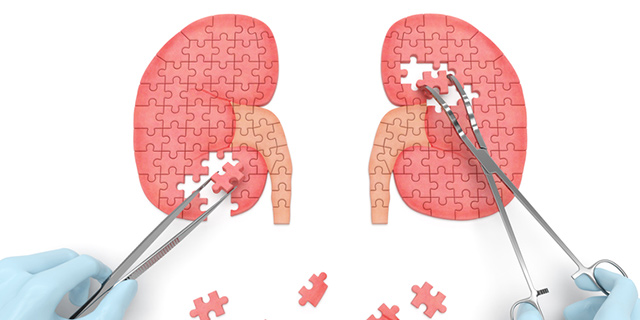Rheumatoid Arthritis Symptoms can vary from person to person, often presenting a complex array of challenges that extend beyond joint pain. For many, the initial signs may be subtle, easily dismissed as temporary discomfort. However, as the condition progresses, these symptoms can become more pronounced, impacting daily life and mobility.
Joint Pain and Stiffness: One of the hallmark Rheumatoid Arthritis Symptoms is persistent joint pain and stiffness, typically affecting smaller joints such as those in the hands, wrists, and feet. This pain is often worse in the mornings or after periods of inactivity, making simple tasks like buttoning a shirt or gripping objects a painful endeavor.
Swelling and Redness: Inflamed joints may appear swollen, tender to the touch, and red in color. This swelling is a result of the body’s immune system mistakenly attacking healthy joint tissues, leading to chronic inflammation.
Fatigue: Beyond physical discomfort, Rheumatoid Arthritis Symptoms can also manifest as overwhelming fatigue. This persistent tiredness is often disproportionate to the level of activity and can significantly impact daily functioning, making it difficult to carry out routine tasks.
Morning Stiffness: Many individuals with Rheumatoid Arthritis experience prolonged morning stiffness that lasts for hours. This stiffness can be particularly challenging, limiting mobility and flexibility during the crucial start of the day.
Joint Deformities: In advanced stages of the disease, Rheumatoid Arthritis Symptoms may include joint deformities, such as the characteristic “swan neck” or “boutonniere” deformities in the fingers. These changes not only affect physical appearance but also contribute to further functional impairment.
Systemic Symptoms: Rheumatoid Arthritis is a systemic autoimmune disorder, meaning it can affect various organs and systems throughout the body. Consequently, individuals may experience systemic symptoms such as fever, weight loss, and general malaise, indicating widespread inflammation.
Numbness and Tingling: In some cases, Rheumatoid Arthritis Symptoms extend beyond joint pain to include sensations of numbness, tingling, or even burning in the hands and feet. These sensations, known as peripheral neuropathy, can result from nerve compression or inflammation.
Eye Complications: Rheumatoid Arthritis can also impact the eyes, leading to dryness, redness, and even more severe complications such as scleritis or uveitis. Regular eye exams are essential for monitoring and managing these potential complications.
Skin Manifestations: Certain skin conditions, such as rheumatoid nodules or vasculitis, may also accompany Rheumatoid Arthritis, further complicating the clinical picture. These manifestations can vary widely in appearance and severity, requiring specialized care.
Emotional Impact: Living with Rheumatoid Arthritis goes beyond physical symptoms; it also takes a toll on mental and emotional well-being. Chronic pain, fatigue, and the unpredictability of the disease can lead to feelings of frustration, anxiety, and depression.



